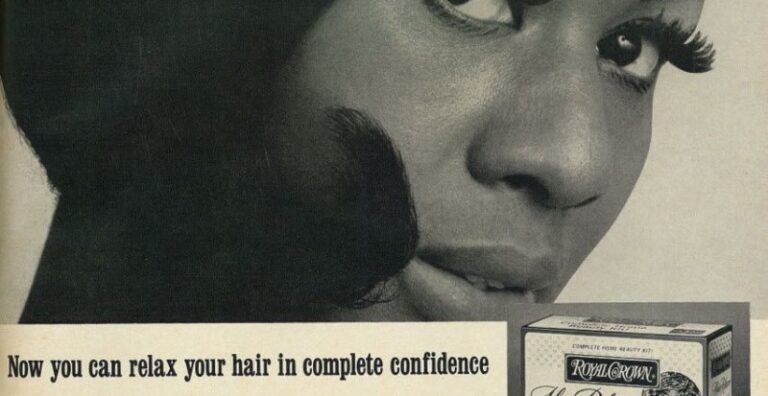For most of my life I didn’t feel I could wear my hair the way it naturally grows from my head. As a child, I already stood out from the crowd at school because of my brown skin, but the thing that I most remember being bullied about was my hair. My mother tried to protect me: from the age of about five, she started taking me to the hairdresser to get my hair relaxed, meaning chemically straightened.
Later, she began buying the products herself and relaxing mine and my younger sister’s hair in our bathroom at home. “I wanted my kids to be accepted, to fit in,” she later explained to me. Growing up in Lebanon in the 1960s and 70s as the only Black child in her family, and one of only two Black children at her school, my mother faced significant discrimination.

She is Lebanese on her father’s side, and Ghanaian on her mother’s side. Her parents divorced when she was a baby, in Ghana, and she eventually ended up in the care of her father’s family in Lebanon. He soon got remarried to a Lebanese woman—my (grandma in Arabic)—and together they had five more children.
Being the only Black or Mixed child in her lighter-skinned family was tough for my mom. During family outings, people found it difficult to believe she was part of the family. Her hair was also an issue for people.
Her family didn’t know how to take care of textured hair, so they always kept her head closely shaved. She was bullied about her hair at school, further lowering her already low self-estee.
















